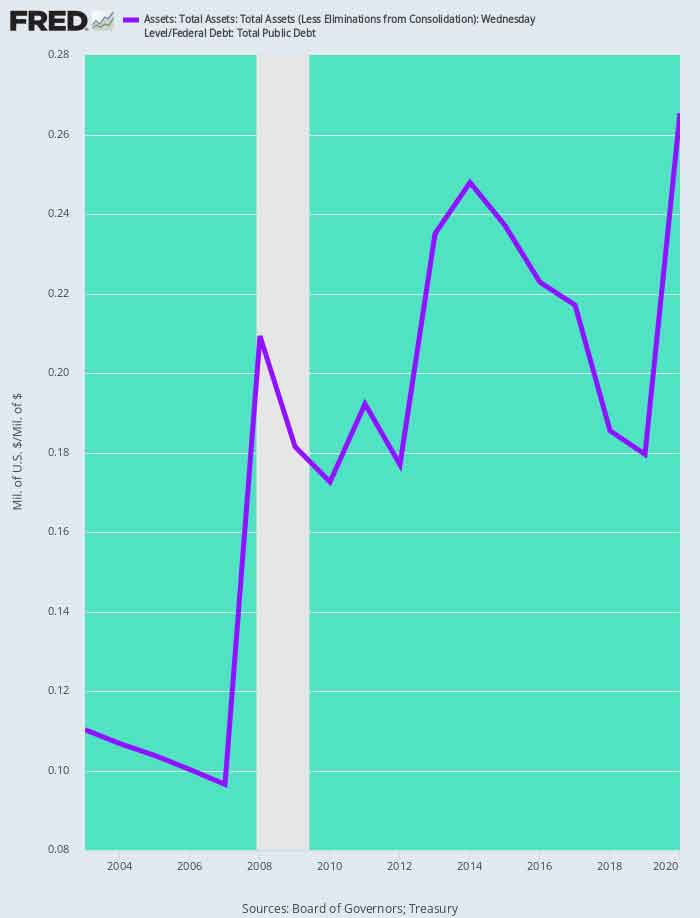Old joe loves inflation.
Here is your root cause. In 2008, after 95 years of printing, the fed was only up to $800B. Now it is 1/4th of all federal debt, currently over 30 Trillion dollars, or almost $300K for each person. They have printed and bought joe's debt spending, and your gasoline, food, and housing have increased as a result. Remember the big push to rush through 7 Trillion in borrowing and stimmy?

Here is your root cause. In 2008, after 95 years of printing, the fed was only up to $800B. Now it is 1/4th of all federal debt, currently over 30 Trillion dollars, or almost $300K for each person. They have printed and bought joe's debt spending, and your gasoline, food, and housing have increased as a result. Remember the big push to rush through 7 Trillion in borrowing and stimmy?

Last edited:




